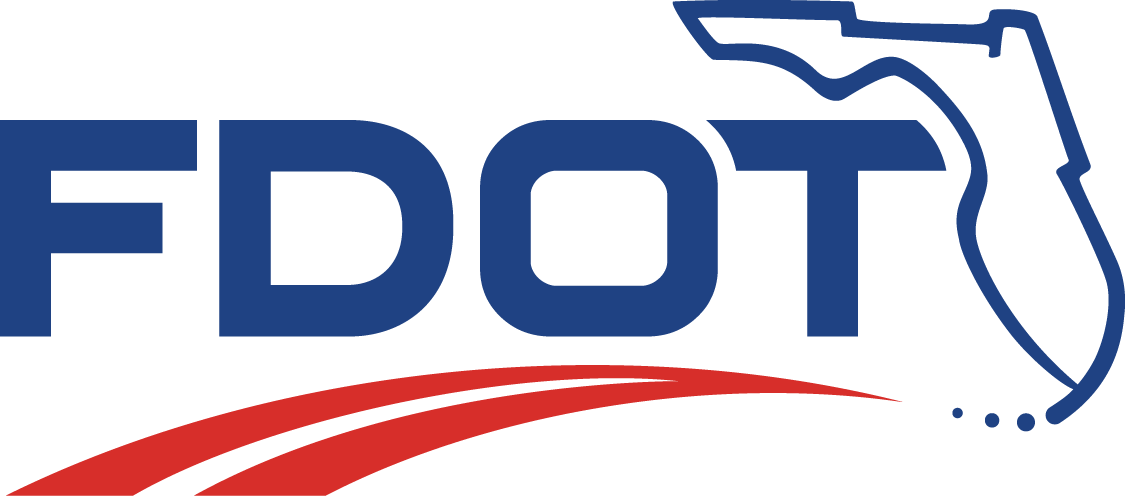LAP Frequently Asked Questions
Frequently Asked Questions for the Local Agency Program
Expand all
Collapse all
Alternative Pay Method: Since the LAP Program is a reimbursement program, the local agency must pay the contractor for the work, the Department refunds the local agency, and FHWA reimburses the Department. At times, the local agency may not have the funding pay the contractor prior to Department payment. They may elect to seek FDOT permission to utilize this alternative pay method. If approved, this allows the local government to send the contractor invoice to FDOT without first paying it. After FDOT pays the local government, the local government pays the contractor invoice.
See Attached PDF
DBE Program Guidance
This document has been prepared by the Florida Division of the Federal Highway Administration (FHWA) as a supplement to the Official Emergency Relief (ER) Manual. See attached PDF.
Section 5.01 of the LAP Agreement mandates that records and documents shall be kept for 5 years. The paragraph goes on to mention that all subcontractors to the Agency performing work on the project must keep these records as well. Should we interpret this to mean that the Agency can/should mandate, in their Bid Documents, which the contractors abide by the same record-keeping procedures?
For the overview of Records retention requirements, please consult is 2 CFR 200.333: Records Retention and Access. For procurement of professional services contracts is governed by 23 CFR 172.9(c)(6): “(c) Contract provisions. Contracts must include the following provisions: (6) Retention of all required records for not less than 3 years after the contracting agency makes final payment and all other pending matters are closed”.
For construction projects Page 149 of the Contract Administration Core Curriculum Manual it states that “the project record keeping system must provide for the reconstruction of the chain of events that occurs on a project”. In the next paragraph it states “For the contractor, the 3-year record retention period begins with the STA’s final payment”.

